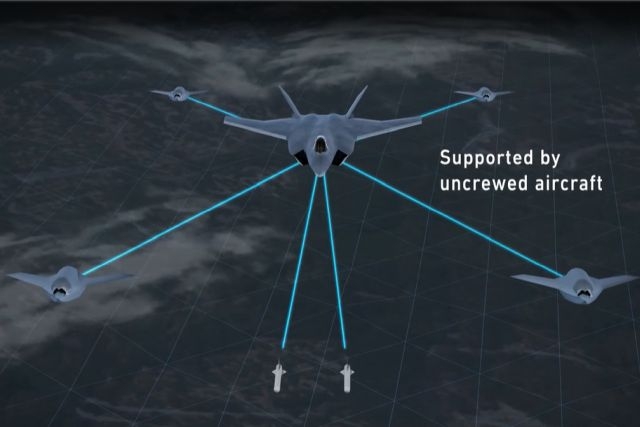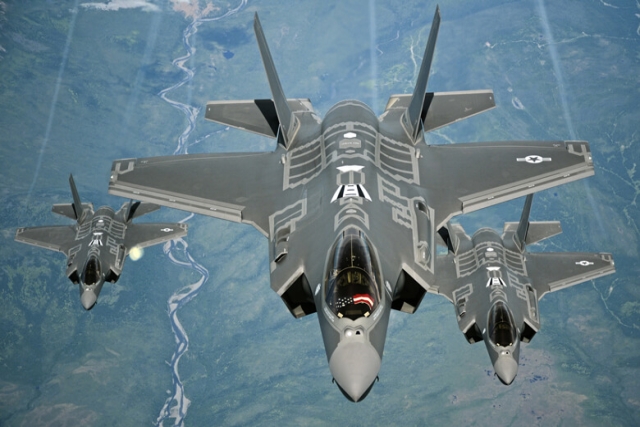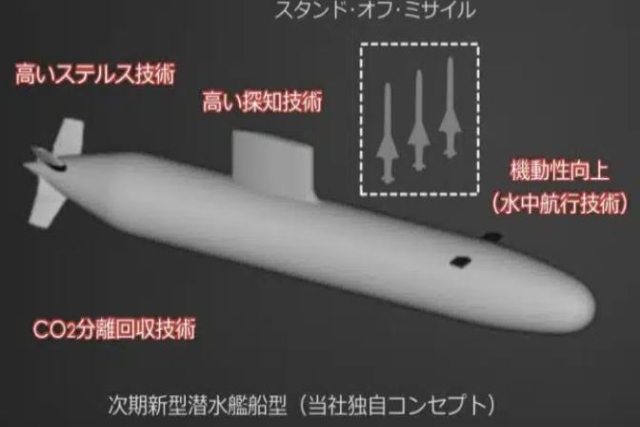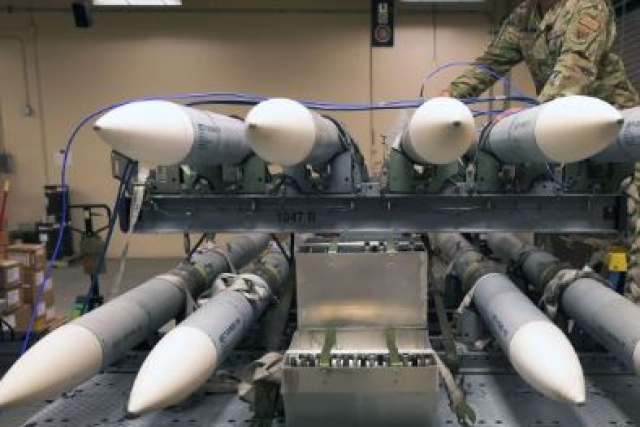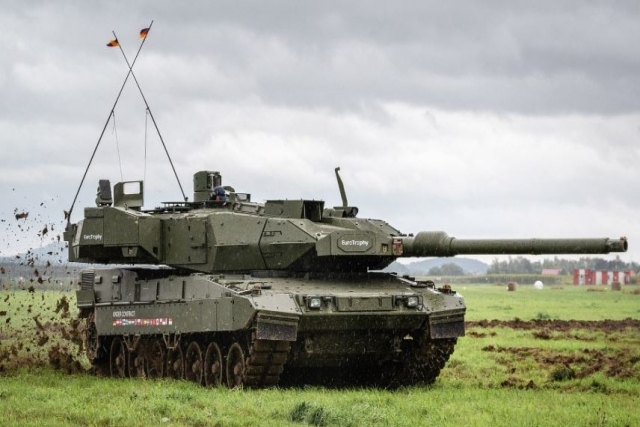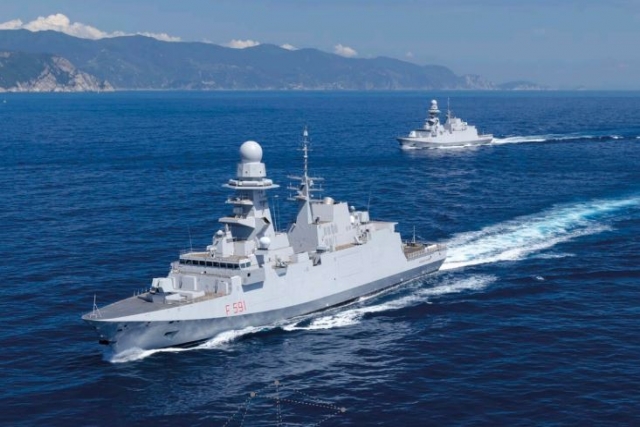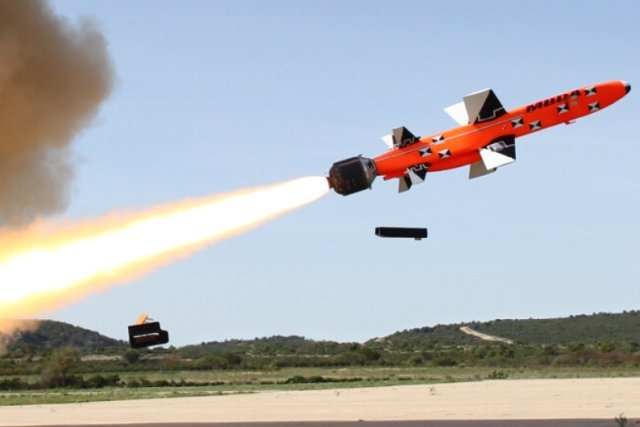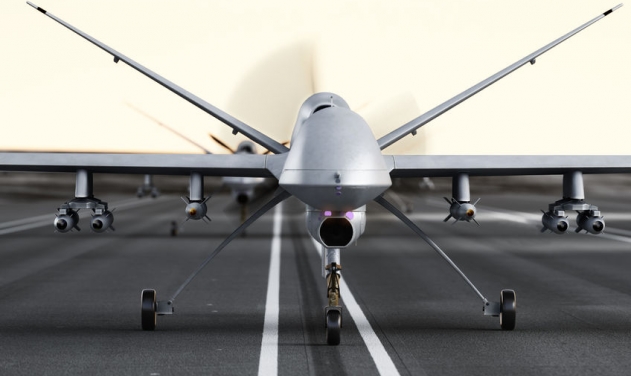Doubts Over Japan's Position in GCAP as Coalition Partner Opposes Jet Export
Japan's Komeito Opposes Export of Next-Generation Fighter Jet Amidst Military Export Policy Shift
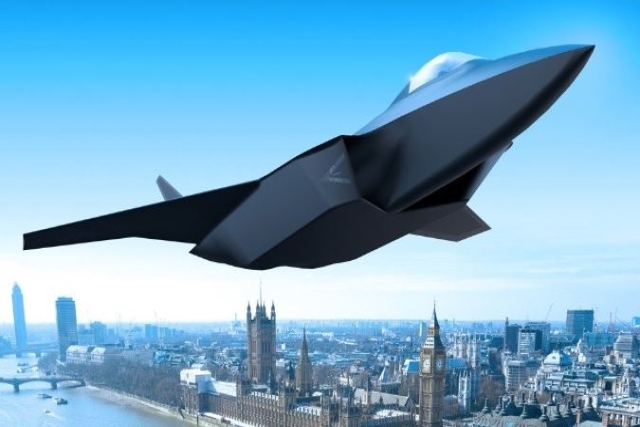
Komeito, a coalition partner in Japan's ruling Liberal Democratic Party (LDP), is opposed to the export of a new jet fighter under Global Combat Air Programme (GCAP) that Japan will build together with Italy and the United Kingdom.
The stance comes as Japan is poised to redefine its military export policies, with former Defense Minister Itsunori Onodera advocating for broader allowances.
Despite the potential benefits, negotiations with Komeito, the LDP's junior coalition partner, have proven challenging. After 23 meetings, Komeito executives maintain their opposition to a rule change that would allow the export of the next-generation fighter jet developed with the U.K. and Italy. The standoff has implications for the March deadline, critical for main contractors Mitsubishi Heavy Industries, BAE Systems, and Leonardo to commence work on the project.
Onodera expressed the urgency of reaching a conclusion, stating, "Even if we don’t need them now, we will need them at some point, so Japan needs to accelerate production."
Talks are set to resume in January, with the prime minister's appeal for a resolution by the end of February, highlighting the significance of Komeito's role within the ruling coalition, Japan Times reported Tuesday.
Onodera, a driving force behind the shift, emphasized the need for Japan to ease restrictions on military exports to enable its technology to be marketed globally. In an interview on Friday, he stated, "It would be best for us to develop technology and have it used widely around the world, rather than just taking on the manufacturing."
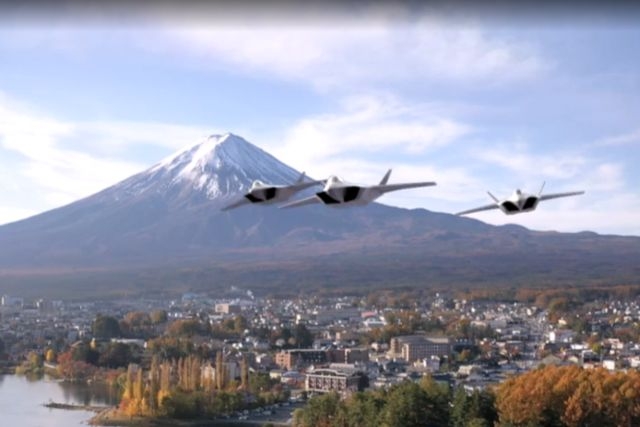
The Japanese government recently announced its decision to permit the sale of weapons produced under license back to the country of origin, marking a historic move. This includes the export of Patriot missiles to the United States, potentially enhancing the U.S.'s capabilities in supporting Ukraine's air defenses.
Onodera further revealed that under the new export rules, Japan could potentially sell 155-millimeter artillery shells to the United Kingdom, responding to potential requests. The ongoing conflict in Ukraine has led NATO members to send howitzers and ammunition, creating a demand for standard NATO artillery shells.
While this policy shift may offer immediate support to the U.S. and European nations in aiding Ukraine, it also opens the door for Japan to explore opportunities for broader arms exports in the long term.
Japan's recent missile deal with the United States signals a major shift in its military strategy, marking the country's most significant military buildup since World War II. The move is partly aimed at strengthening Japan's fragmented defense industry, which has faced severe restrictions on exports since the 1960s.
